Washington — U.S. Rep. Haley Stevens, D-Rochester Hills, is pushing the Trump administration to establish a more fair protocol for companies to request exemptions to steel and aluminum tariffs that have been instituted by the president.
Citing the potential impact on Michigan companies, Stevens said in a letter to U.S. Commerce Secretary Wilbur Ross that the tariff-exemption request process should be applied uniformly.
“As this administration‘s tariff-heavy trade strategy creates challenges for manufacturers in Michigan and around the country, I am concerned that the Department of Commerce, the agency tasked with promoting economic growth, is not offering adequate support to struggling American businesses,” Stevens wrote.
“As a former employee of the Department of Commerce, I am also dismayed by recent reports indicating that the department is ‘rudderless,’ a ‘disaster,’ and at its ‘apex of dysfunction,’” she continued. “When the tariff exemption system was announced, the Department of Commerce predicted a 90-day processing time for a request. In the first year of the request process, nearly 76% of steel requests took longer than that estimate.”
Stevens said she is seeking clarification on how many U.S. companies have requested exemptions, and how many of those requests have been granted. She noted the Trump administration is considering additional tariffs on imported autos and car parts that “will harm the hard-working American auto workers, parts, suppliers and retailers, dealers‘ vehicle service providers and millions of consumers that depend on a healthy and competitive auto industry.”
The Commerce Department defended its handling of tariff exemption requests in a statement that was provided to The Detroit News.
“Since the initiation of the exclusion program on June 20, 2018, the Department has hired dozens of contractors to manage the workload, while adding a dedicated online portal for requests and incorporating a robust rebuttal process,” a spokesman for the agency said. “During these operations, the Department has posted more than 87,000 decisions and 75,000 objections, rebuttals, and surrebuttals as of October 27, 2019. For steel, the approval rate for requests stands at 75%, while, for aluminum, the approval rate is 88%.”
In 2018, President Donald Trump imposed a 25% tariff on foreign steel and a 10% levy on international aluminum.
According to a February analysis by the Associated Press, the Commerce Department approved tariff exemption requests from 370 companies for up to 4.1 million tons of foreign steel, with roughly 8% of the total coming from China and close to 30% from Japan. Many recipients of the waivers are subsidiaries of foreign-owned manufacturers including Toyota, Hyundai, Mercedes-Benz and Volkswagen.
Fiat Chrysler Automobiles NV’s U.S. affiliate was the only one of the Detroit Three automakers to request a steel-tariff exemption, according to the analysis.
Fiat Chrysler received exemptions for all seven requests it made for hot-dip galvanized carbon sheet-steel, used for many applications in the automotive industry. The exemption waived duties on 9,198 tons of German steel.
Sixty-six companies in Michigan had applications for 66 exclusions from steel tariffs, the third-most behind Texas’ 119 and Ohio’s 67. A majority of requests processed in Michigan were approved and are providing some relief to manufacturers, but denials have left some companies confused on the standards.
To read the full article, click here.
